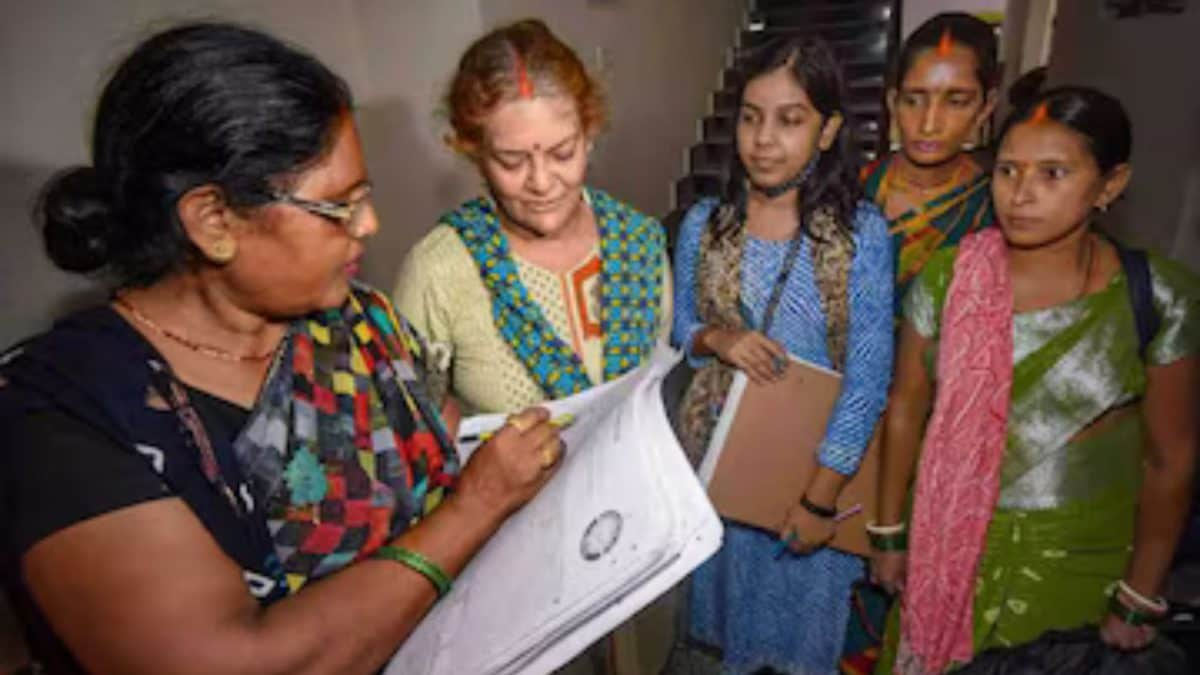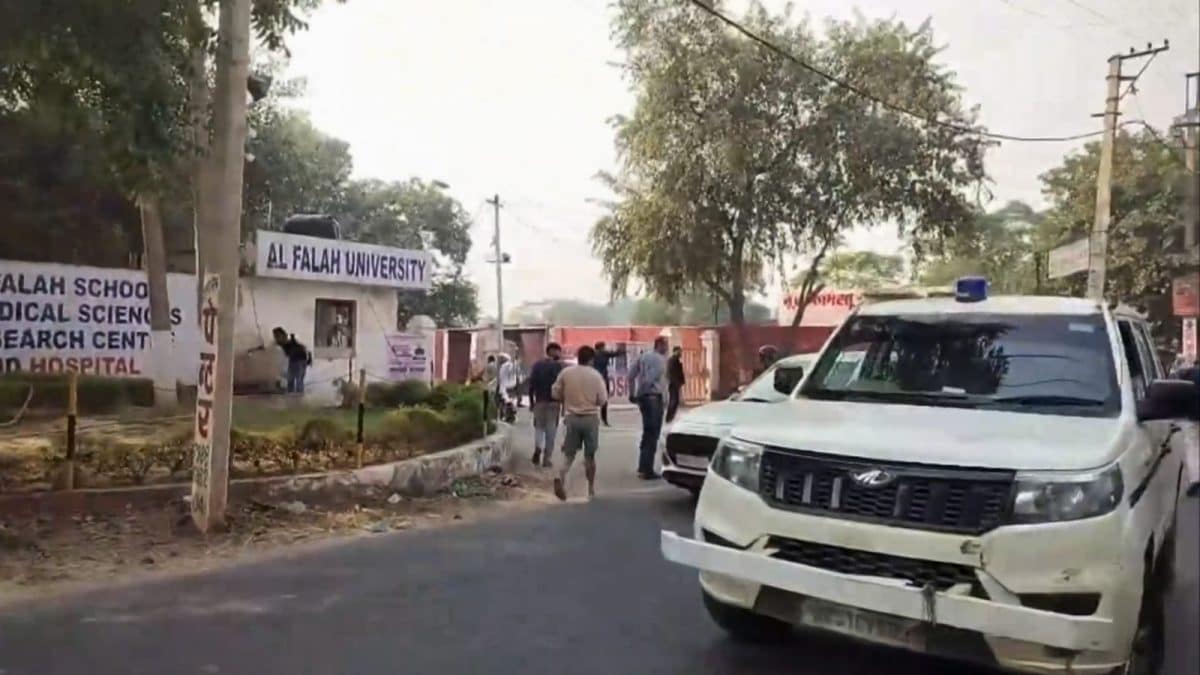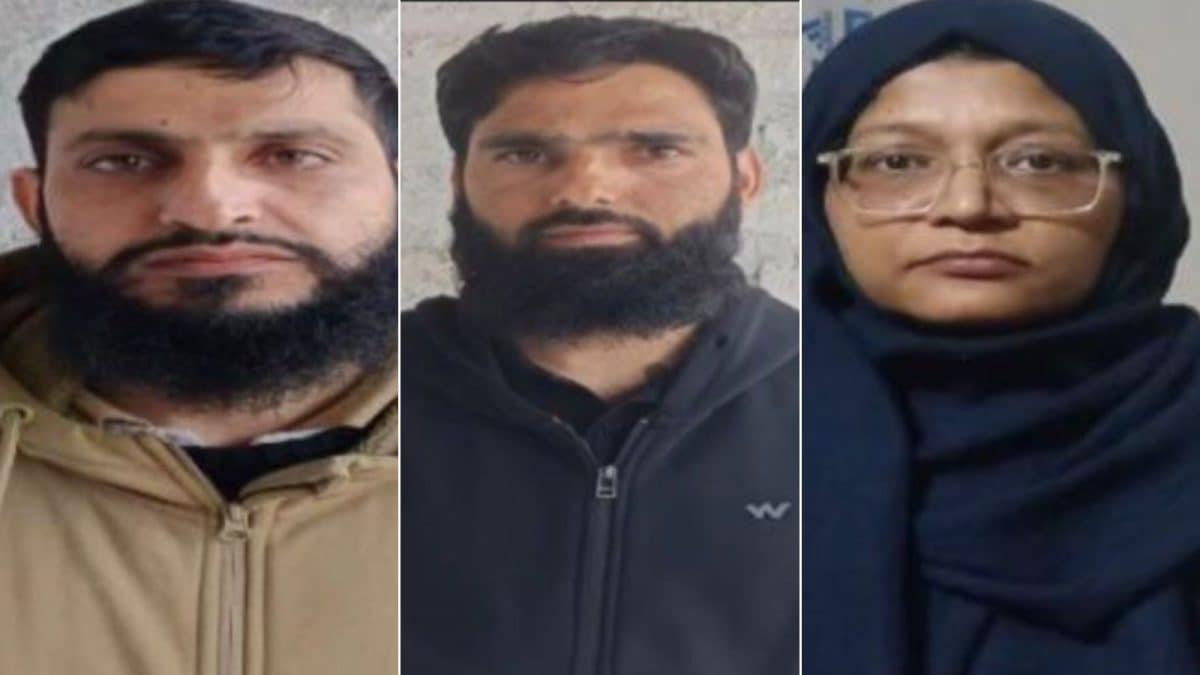The Supreme Court on Tuesday (November 11, 2025) acquitted Surendra Koli, the prime accused in the Nithari killings, in the only case in which his conviction and life sentence had remained in force.
A Bench of Chief Justice of India (CJI) B.R. Gavai and Justices Surya Kant and Vikram Nath had, on October 3, 2025, observed that it would amount to a “travesty of justice” to uphold the 2011 verdict when Mr. Koli had already been acquitted in 12 other cases arising from the same set of facts and evidence.

“The petitioner be released forthwith, if not wanted in any other case. The jail superintendent is to be informed of this judgment immediately,” Justice Nath said while pronouncing the operative portion of the ruling in open court.
The top court was hearing Mr. Koli’s curative petition, his final legal remedy before the Supreme Court. A curative petition, typically heard in chambers, is the rarest form of judicial review and is entertained only in exceptional circumstances such as denial of natural justice, judicial bias, or a fundamental miscarriage of process resulting in grave injustice.
While reserving its verdict on October 3, the Bench had remarked that an “anomalous situation” would arise if, on the same set of facts, Mr. Koli were to remain convicted in one case while being acquitted in the rest.
Allowing the plea on Tuesday (November 11, 2025), the court noted that his conviction in the surviving case rested solely on his purported confession and the recovery of a kitchen knife from a lane behind his residence, the same pieces of evidence that had formed the basis for his acquittal in the other trials.
The verdict draws to a close nearly two decades of litigation surrounding one of India’s most harrowing criminal cases. It also marks a rare instance of the Supreme Court overturning its own earlier decision through the exercise of its extraordinary curative jurisdiction.
On July 30, the apex court had acquitted Mr. Koli in 12 of the 13 cases linked to the Nithari killings, citing serious procedural lapses, unreliable evidence, and multiple irregularities in the investigation. The Bench had held that the prosecution failed to establish guilt beyond reasonable doubt.
Mr. Koli was sentenced to death after the Supreme Court upheld his conviction in February 2011. The Allahabad High Court commuted the sentence to life imprisonment in 2015, citing the inordinate delay in the disposal of his mercy petition. His review petition had earlier been dismissed after an open court hearing on October 28, 2014.
The Nithari killings, which came to light in 2007, stunned the nation with their sheer depravity. The discovery of skeletal remains of several children in a drain behind a Noida house where Mr. Koli worked as a domestic aide exposed a series of murders that shocked the public conscience. The house belonged to businessman Moninder Singh Pandher, who was also named as an accused in multiple charge sheets.
Following widespread public outrage, the probe was transferred to the CBI, which alleged that Mr. Koli lured young girls to the house, sexually assaulted and killed them, and mutilated their bodies. He was also accused of cannibalism. Between 2005 and 2007, 16 cases of rape and murder were registered. The prosecution claimed to have recovered the weapon used to dismember the victims’ bodies. The trial court convicted Mr. Koli in 13 cases, while Mr. Pandher, initially convicted in two, was later acquitted in all. After the Supreme Court’s 2011 ruling, Mr. Koli was left with one surviving conviction.
While acquitting him in July, the Supreme Court had observed that the recoveries made during the investigation were not corroborated by any statement under Section 27 of the Indian Evidence Act, which deals with recoveries based on disclosures made by an accused in custody.
The CBI had approached the court challenging an October 2023 order of the Allahabad High Court that acquitted Mr. Koli, which had faulted the agency for failing to probe a suspected organ trade angle that had surfaced during the investigation.

 1 hour ago
2
1 hour ago
2








 English (US) ·
English (US) ·